Politics
Okupe: Tinubu May Not Be President in 2027, But Power Won’t Return to North
Politics
2027: I’ll support anyone willing to leave office after four years – Kenneth Okonkwo
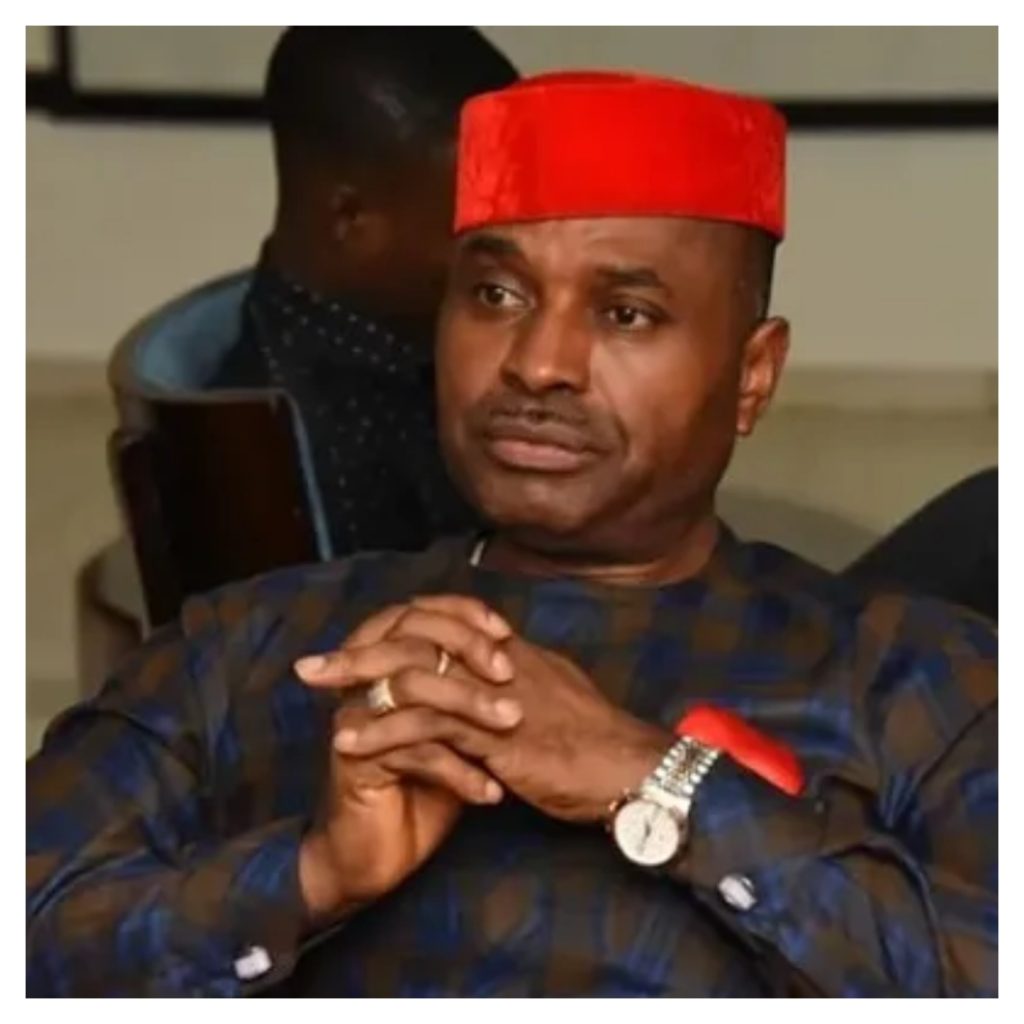
Politics
Anambra South needs increased funding for infrastructure, quality education, healthcare – Amamgbo
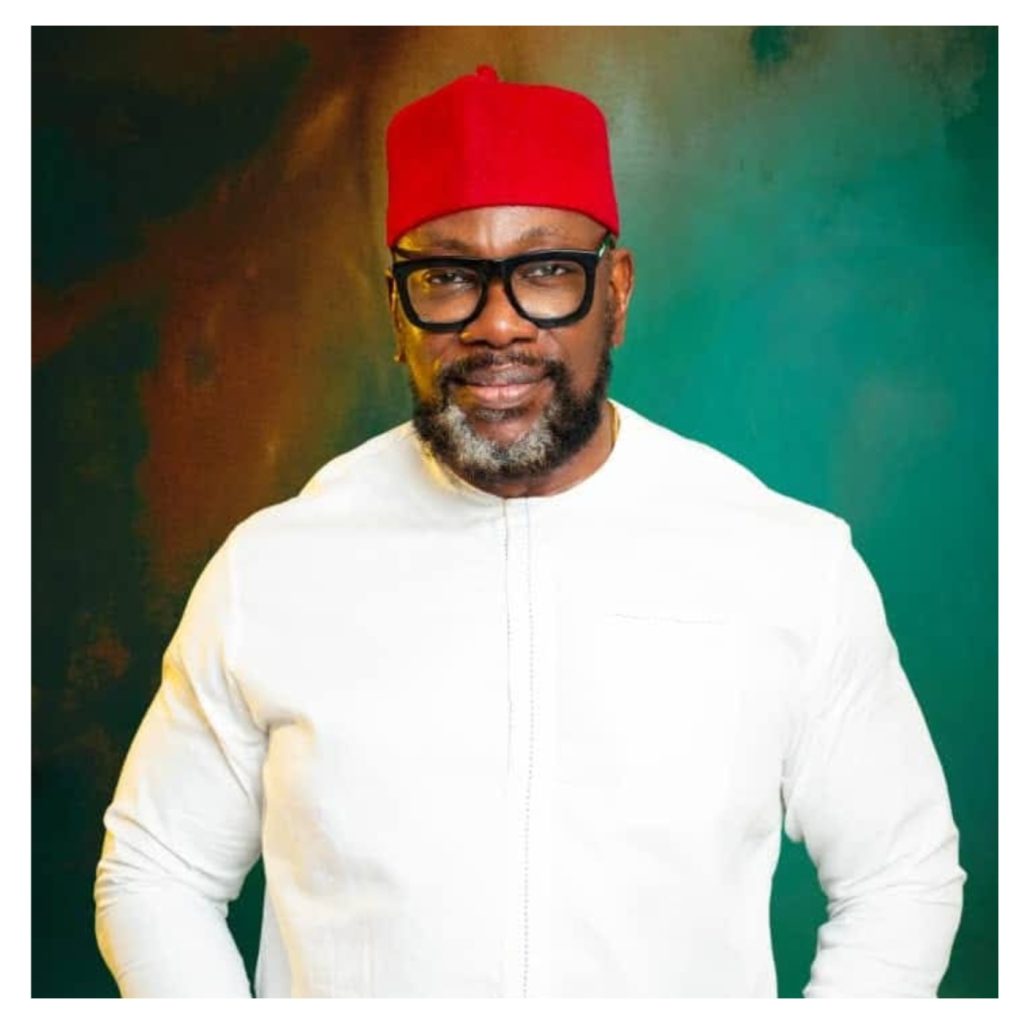
Politics
BREAKING NEWS: Senators and former ministers of Buhari are preparing to move from APC to SDP.
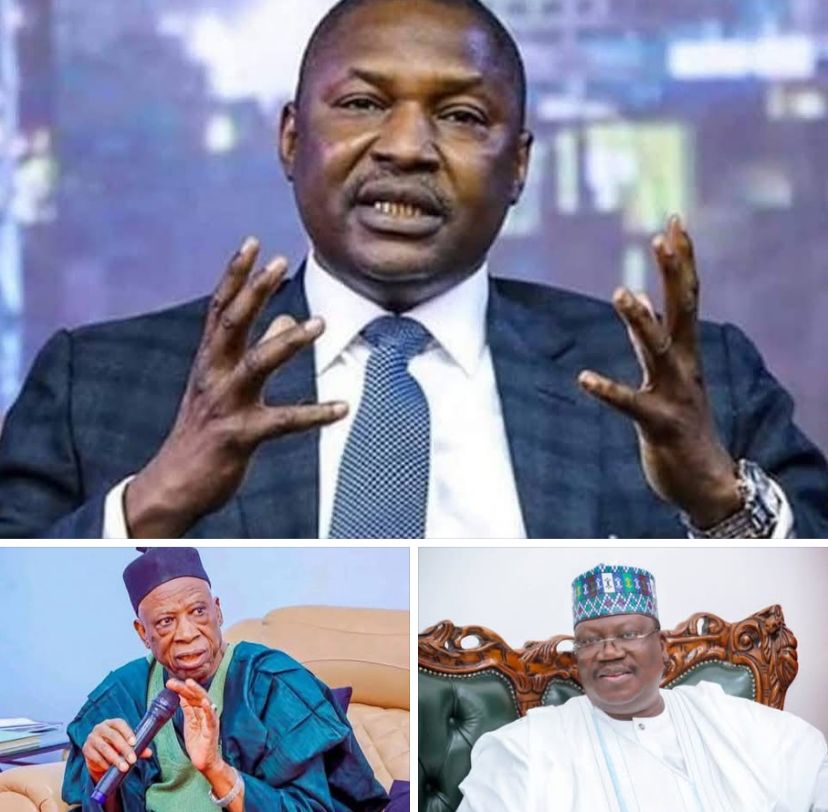

 Trending5 months ago
Trending5 months agoNYA demands release of ‘abducted’ Imo chairman, preaches good governance
- Politics1 year ago
Nigerian Senate passes Bill seeking the establishment of the South East Development Commission.
- Business5 months ago
US court acquits Air Peace boss, slams Mayfield $4000 fine

 Politics5 months ago
Politics5 months agoMexico’s new president causes concern just weeks before the US elections
- Entertainment5 months ago
Bobrisky transferred from Immigration to FCID, spends night behind bars
- Entertainment5 months ago
Bobrisky falls ill in police custody, rushed to hospital

 Politics5 months ago
Politics5 months agoRussia bans imports of agro-products from Kazakhstan after refusal to join BRICS

 Politics5 months ago
Politics5 months agoPutin invites 20 world leaders









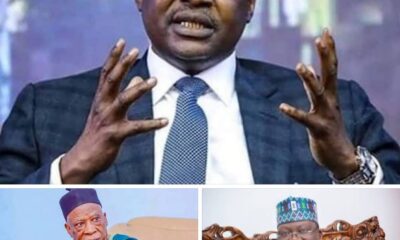



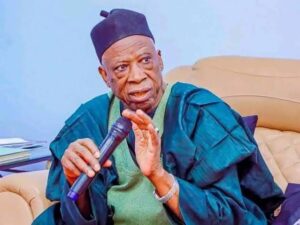
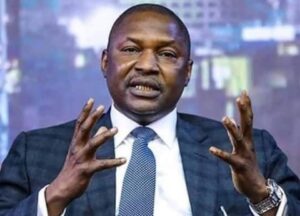
 El-Rufa’i has started taking action
El-Rufa’i has started taking action